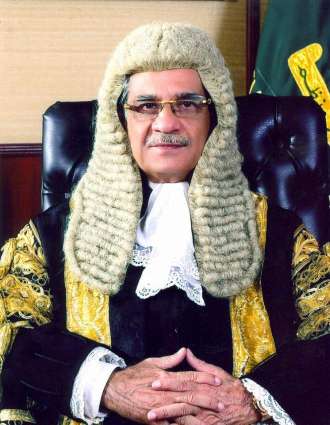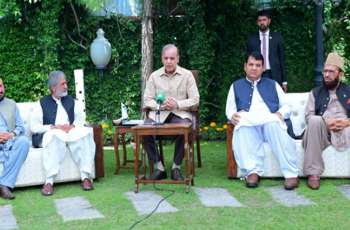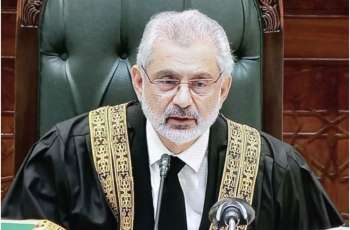The CJP is leaving behind a legacy in Pakistan’s justice system.
Islamabad (Pakistan Point News – 17th January, 2019) Justice Mian Saqib Nisar will retire as the Chief Justice of Pakistan today.
He was appointed to the office on December 31, 2016. During his time at the Supreme Court, he heard many high profile cases.
His tenure as the chief justice was marred by extensive use of suo-motu.
Not only that, he gave several landmark decisions, leaving behind a legacy in Pakistan’s justice system.
Here is a list of few of them:
Nawaz Sharif’s disqualification
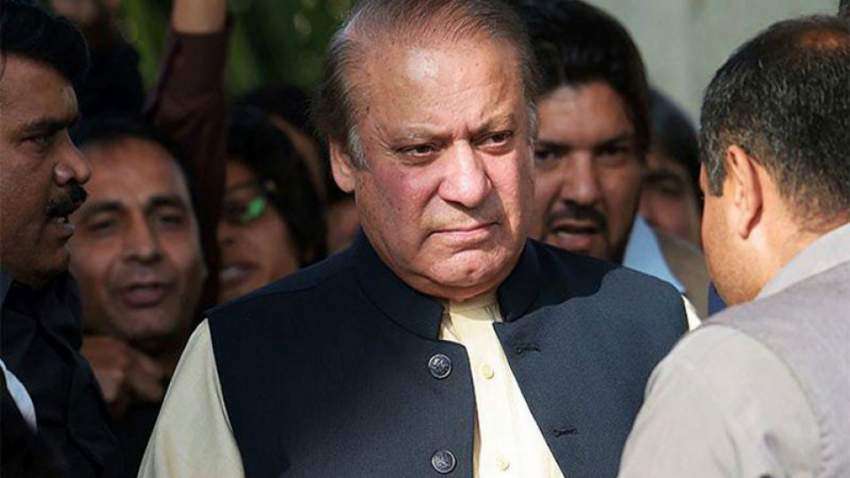
It was during the period of CJP Nisar that a sitting prime minister was disqualified.
The CJP had formed the joint investigation team to probe Panama Case against Nawaz Sharif.
Nawaz Sharif failed to provide money trail and was disqualified from holding public office for life.
He was later awarded sentence in Avenfield and al-Azizia references by the Accountability Court.
Jahangir Tareen disqualified, Imran Khan gets relief

On Dec 15, 2017, the Supreme Court rejected the plea to disqualify Imran Khan but disqualified PTI’s Jahangir Tareen.
He was disqualified for not disclosing his assets and offshore companies.
CJP establishes Dams fund

On July 10, 2018, CJP Nisar established a dams fund for the construction of Diamer Bhasha and Mohmand Dams in view of the water crisis facing the country.
Later, Prime Minister Imran Khan announced to join efforts with the CJP for the cause.
The fund was renamed as "Prime Minister and Chief Justice of Pakistan Fund for Diamer Bhasha and Mohmand Dam”.
The campaign had gained momentum not only in Pakistan but also in other countries where Pakistanis were living in large numbers. Overseas Pakistanis are contributing massively towards the cause in terms of money and time and are collecting funds from others also.
Tax suspended on mobile cards

CJP Nisar took notice of the high taxes charged on mobile phone cards.
On June 11, 2018, he suspended all taxes deducted by cellular companies on mobile phone recharge. The consumers were paying 42% tax, including 19.5% Federal Excise Duty, 12.5% withholding tax and 10% service/maintenance charges on every Rs 100 card.
Fake bank accounts case

The Supreme Court ordered a probe fake bank accounts case in July, 2018.
The fake bank accounts case involves alleged transactions of billions of rupees into suspicious accounts belonging to PPP co-chairman Asif Ali Zardari and his sister Faryal Talpur and others.
The SC had constituted a six-member JIT to investigate the fake bank accounts case.
Later, it referred the case to National Accountability Bureau, ordering to complete the investigation within two months.
Ban on Indian content
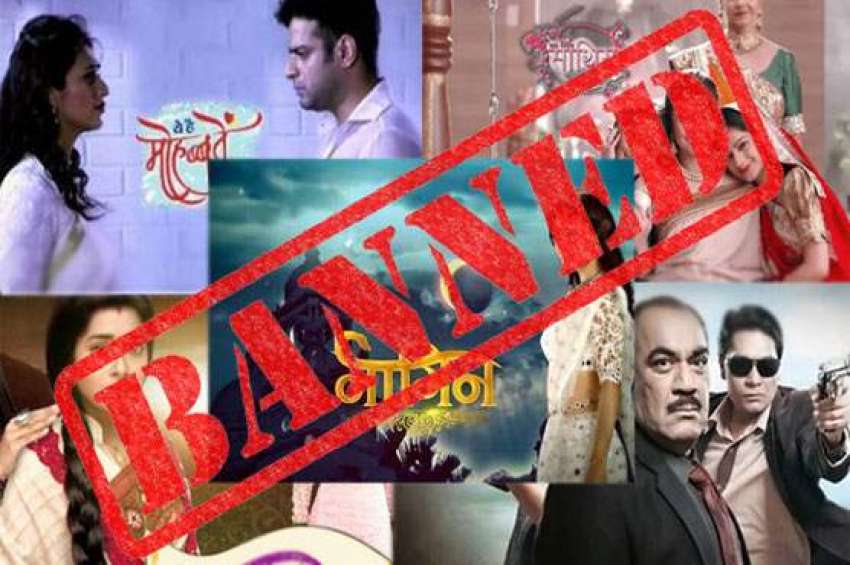
On Oct 27, 2018, CJP Nisar imposed a ban on Indian films and dramas at local tv channels and watching Indian channels through dish or other means.
Reinstating the ban, CJP said we will not allow Indian content to be shown on Pakistani TV channels as it damages our culture.
Asia Bibi’s acquittal

On Oct 31, 2018, the Supreme Court acquitted Christian woman Asia Bibi in blasphemy case. The 56-page detailed judgement was authored by CJP Nisar and included a concurrent opinion by Justice Asif Saeed Khosa.
The verdict sparked protests across the country by some religious factions.
Regularisation of properties in Bani Gala
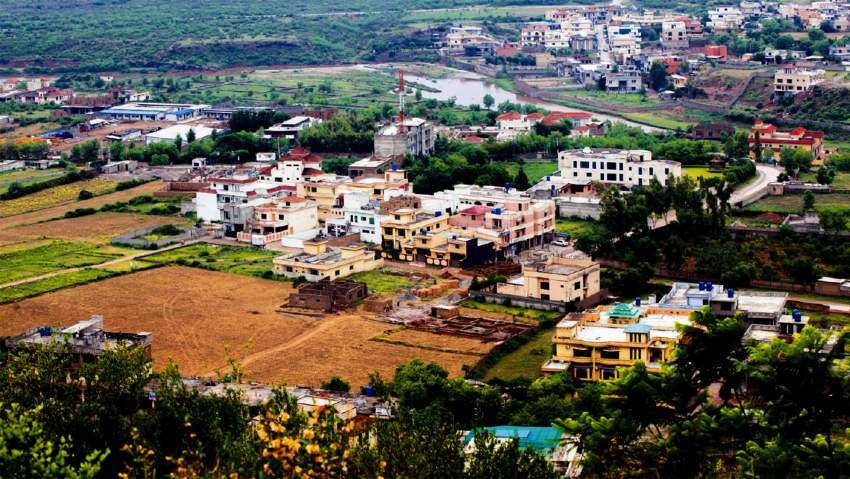
The Supreme Court on Nov 1, 2018 ordered 65 persons, PM Imran Khan to regularize their properties in a case pertaining to the encroachments in Islamabad’s Bani Gala area.
Justice Nisar expressed his resentment at the Capital Development Authority for allowing such constructions to take place.
Reduction in private schools’ fee
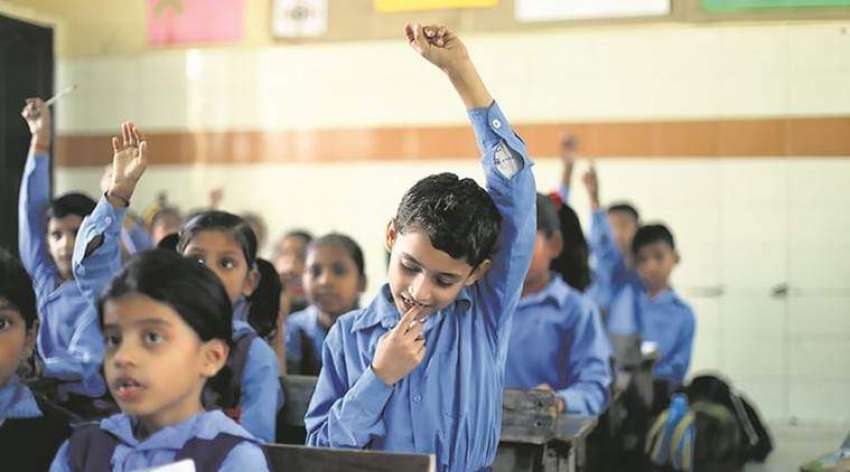
On December 13, 2018, CJP Nisar ordered all private schools to reduce monthly fee by 20%.
The Supreme Court also barred private schools from increasing the annual fee by more than 5%.
Any hike of more than 5% in school fee would have to be approved by a regulatory board, the court ordered. In any case, the increase in fee could not be more than 8%.
Tax imposed on Mineral water companies

In November 2018, the CJP took suo motu notice of the exploitation of ground water by mineral water companies. The chief justice sought data regarding water usage by companies from concerned departments.
On Jan 12, 2019, the Supreme Court imposed a levy on companies selling mineral water and beverages at a rate of Re1 for every litre of surface water extracted by them.
